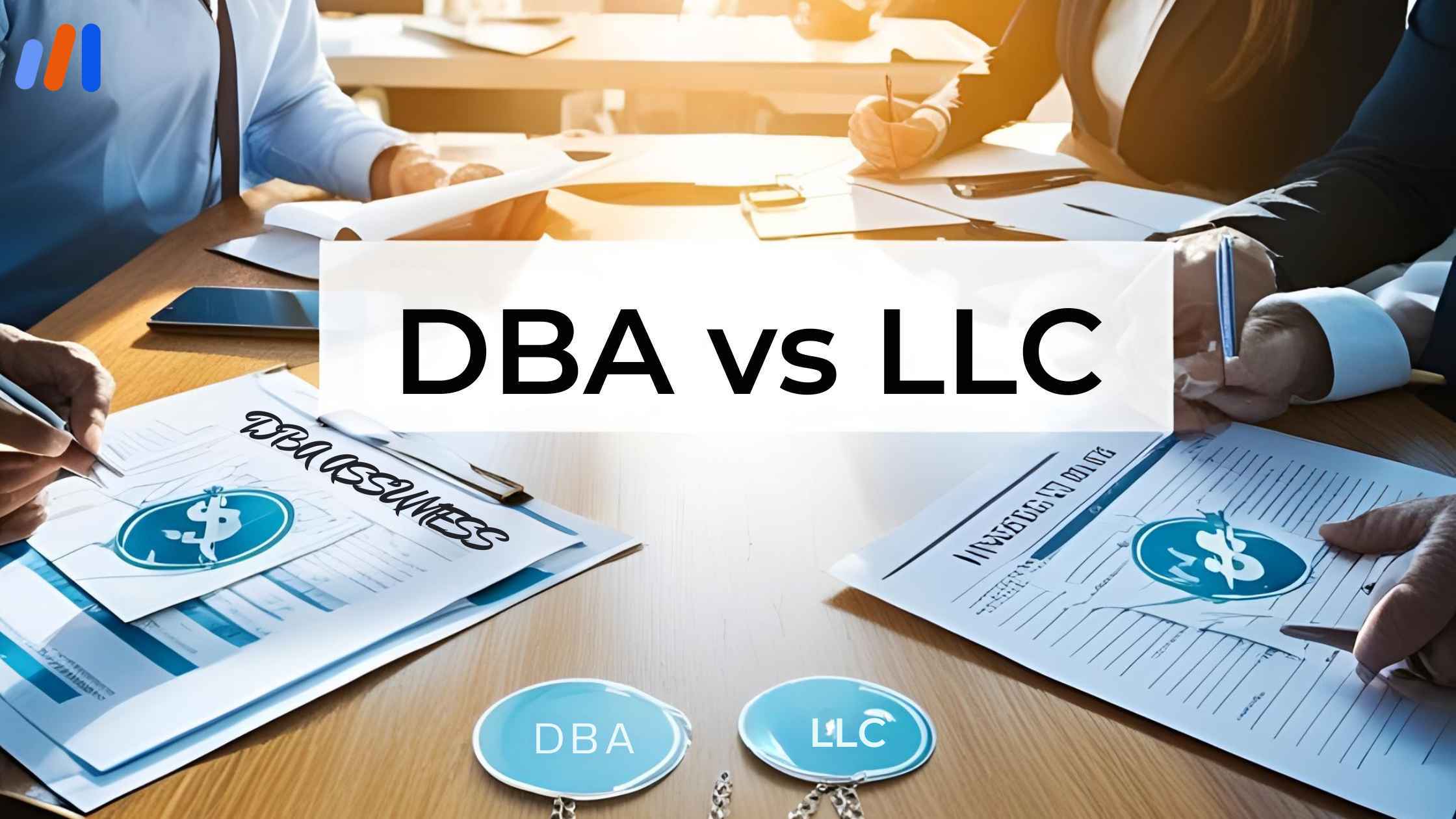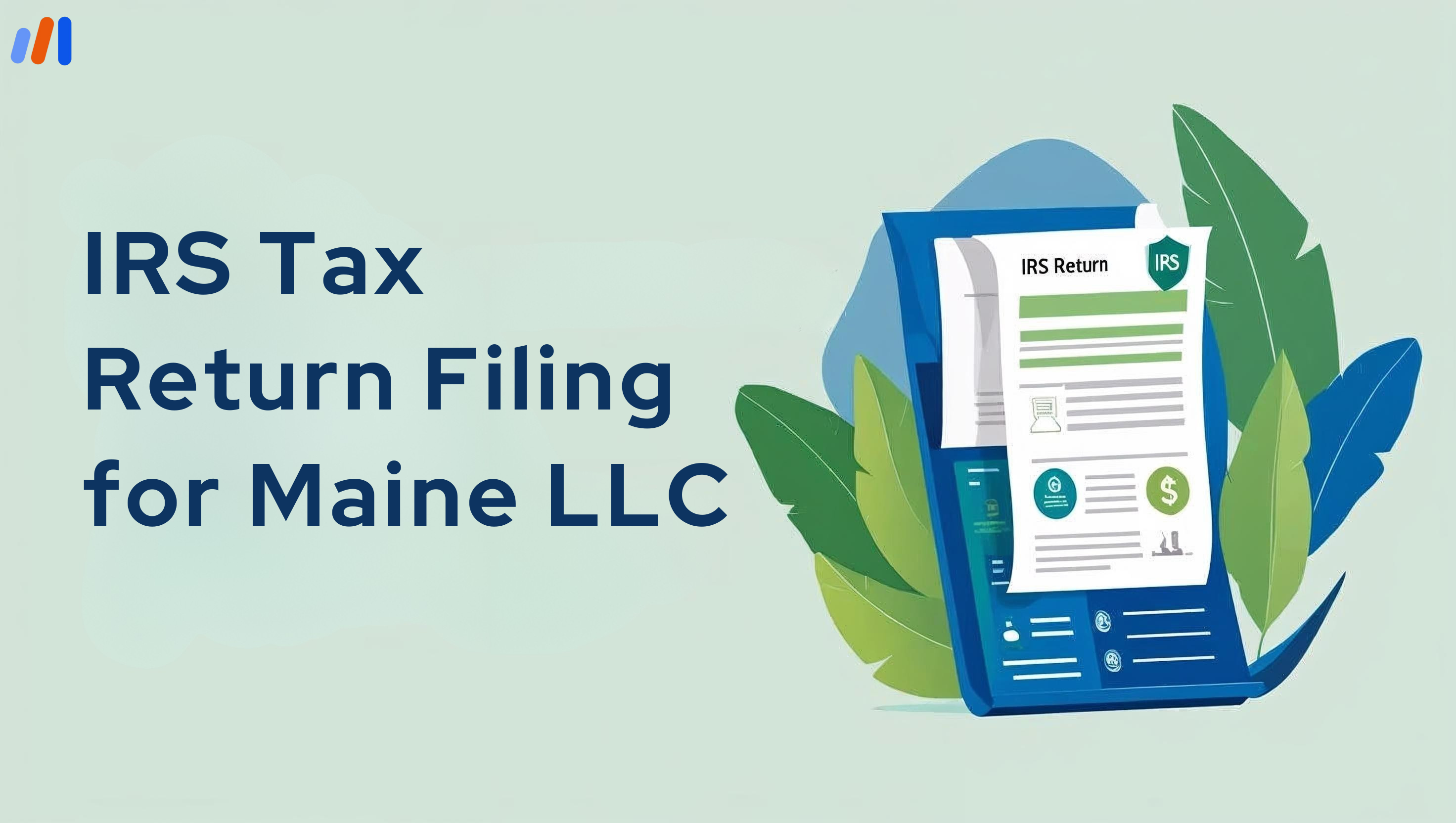One of the most important and thrilling decisions in starting a business is creating a Limited Liability Company (LLC). The LLC combines independence and flexibility with an added security for personal assets against business-related liabilities. This structure provides entrepreneurs with the benefits of limited liability thus separating their funds from company creditors.
However, great risks come with great responsibilities, so young entrepreneurs should be cautious about them. You may ask yourself, “Do I need business insurance for an LLC?” The answer is yes and there are reasons why you should think about it critically. Business insurance can protect your LLC from various unknown situations like lawsuits, property damage, and other issues that may threaten your company’s financial future.
If you have the right coverage for risk management, then you will not only be able to secure your business but also find peace. Also depending on where you are located as well as the nature of your work; some types of insurance are mandatory, hence contemplating on obtaining one might help make such wise decisions that could affect its long-haul success.
The Importance Of Having Business Insurance For an LLC
1. Protection From Liability
Nonetheless, while this structure does cover personal assets like homes or savings accounts through limited liability provisions, businesses remain at significant risk. Suits could come from customers’ injuries within premises or employees who claim they were laid off unfairly. Some cases involve hackers accessing customer data files too. Any serious consequences can result in severe financial losses for your LLC if it is underinsured.
2. Protecting Property
Property insurance remains crucial whether one owns or leases their business space. These plans allow payments towards damaged machinery, stock, or structures due to fire, theft, vandalism, hurricane, flood, etc. Similarly, some business owners secure funeral insurance to ensure personal end-of-life costs do not impose financial strain on their business operations. This ensures continuity by minimizing downtime, thereby enabling an immediate return to normalcy after any misfortune.
3. Compliance And Contracts
Some states and industries require certain types of insurance to legally operate including general liability or workers’ compensation. Contractors and consultants especially may require proof of insurance before entering into contracts with clients or partners. Right business insurance allows you to meet these legal requirements and win more customers by creating trust and dependability.
4. Employee Coverage
Workers’ compensation is usually required by law if your LLC has employees. It covers medical costs and lost wages for injuries sustained in the workplace, from minor accidents to major ones. This protects both employees from lawsuits resulting from workplace-related accidents hence protecting businesses too.
5. Peace of Mind
Such as operational challenges and financial uncertainties, businesses come across multiple hazards daily. Business insurance brings peace of mind that helps the owners to concentrate on growth, and innovation together with strategic planning without always worrying about any potential hazards/ liabilities that could undermine their progress as they should be.
The types of business insurance an LLC could get
1. General Liability Insurance
It covers claims involving bodily harm, damages to property, and injuries connected with advertising among others. It is a must for any business as it protects the organization against commonly faced risks in their daily duties.
2. Professional Liability Insurance
Also known as Errors and Omissions (E&O) insurance, this coverage offers protection against allegations that may be made regarding negligence, mistakes, or failure to provide services as promised. It becomes very important for businesses that offer professional services such as consultancy, legal advice, or medical services where the stakes involved might be high.
3. Property Insurance
This policy ensures the physical assets of your business including buildings, equipment, and stock which can be destroyed through fire; stolen, or damaged by other means like natural disasters. Having such coverage would certainly help the owners protect themselves from financial losses resulting from these occurrences.
4. Workman’s Compensation Insurance
Though required in most states for businesses with employees, this insurance covers medical expenses and lost wages for workers who are injured on the job, supports them during their recuperation time, and contributes to a safer workplace.
5. Commercial Auto Insurance
Commercial auto insurance covers damages and liability in case of an accident if your LLC uses vehicles for business purposes. This type of coverage is vital for protecting your company’s assets as well as paying legal fees due to vehicle-related incidents.
6. Cyber Liability Insurance
Due to expanding data breaches and cyberattacks, this insurance will save your business from a financial loss that may result from it including recovery fees, legal representation, and notification expenses among others. It is getting more necessary these days considering that businesses heavily depend on IT systems.
When Do You Not Need a Business License?
Home-Based Businesses
Small-Scale Operations
If you have such activities as writing or consulting work at home on a small scale level (small-scale business), you might be inclined not to obtain a business license. However, consult local zoning laws and homeowner association rules to ensure compliance.
Hobby Businesses
On the other hand, some businesses do not generate substantial income or are considered hobbies rather than primary sources of income; these kinds of firms may not need licensing. For example, selling handmade crafts through Etsy or occasional tutoring meets this description.
Online Businesses
Digital Products and Services
You may not require a physical business license if your company deals exclusively with digital products or services such as e-books online courses or software programs though you still need to verify whether there are any specific regulations regarding online entities prevailing within your jurisdiction.
Dropshipping
Generally, there is no traditional business license required by dropshipping operations where goods are sold without having them in stock Instead depending upon state-specific regulations you may be necessitated to acquire a sales tax permit.
Freelance and Independent Contractors
Gig Economy Workers
In many cases, businesses like graphic designers, writers, or ride-sharing service providers freelancing or independent contracting within the gig economy might never have to worry about getting an official business permit. However, it is recommended that you verify your local regulations as some states require a general business license.
Professional Services
Some professions like legal consultancy or accounting may not require a general business license but may need specific professional licenses and certifications.
Informal Sales
Yard Sales and Garage Sales
Selling personal items through yard sales, garage sales, or flea markets generally does not necessitate the procurement of a business license. But if you conduct such transactions frequently you may be required to apply for a permit.
Farmers Markets
When selling produce at local farmers’ markets, usually no business license is needed but food safety and health permits are required in many cases.
Nonprofit and Charitable Activities
Fundraising Events
Business licensing requirements may not apply to nonprofit organizations that hold fundraising events like charity auctions. Nevertheless, these types of functions normally involve adherence to particular non-profit legislation and obtaining relevant permissions for large gatherings.
Volunteer Activities
You don’t need a business license when all your activities are strictly volunteer-based without generating any profits most of the time although you should check with local authorities and confirm its conformance.
Conclusion
It is not an option but a necessity to have business insurance for an LLC. It protects your business from unpredictable risks, ensures adherence to legal and contractual liabilities as well as provides peace of mind amid the entrepreneurship intricacies. To determine which types and quantities of coverage are needed for your LLC, consult with an established insurance provider who can help you customize a policy that suits your unique business requirements.
Frequently Asked Questions (FAQs)
Can business insurance protect my assets?
While an LLC already provides some level of personal liability protection, commercial insurance policies can offer more coverage by paying claims or losses instead of making such financial impacts on the enterprise. This safeguards your assets.
How do I choose the right business insurance for my LLC?
To choose the right business insurance for your LLC, consider:
- Assessing the risks specific to your business.
- Reviewing legal requirements for your industry and location.
- Consulting with a licensed insurance agent or broker.
- Comparing quotes and coverage options from multiple insurers.
- Evaluating the financial strength and reputation of the insurance providers.
What happens if my LLC doesn’t have business insurance?
Your LLC faces many financial risks when it does not have any form of coverage. You may have to bear expenses for legal fees, settlements, property damage, medical bills, and so forth arising out of accidents lawsuits, or unforeseen occurrences like these. This can lead to significant financial strain and potentially jeopardize the future of your business.
Does an LLC with no employees still need business insurance?
Even if your LLC has no employees, it might still need business insurance. General liability insurance can protect against third-party claims, and professional liability insurance can cover errors and omissions in your services. Additionally, commercial property insurance can protect your business assets.
File Your LLC Today
25$ off with a coupon
Lock in EasyFiling's transparent rates and get lifetime compliance support at no extra cost.
Get Started Now







